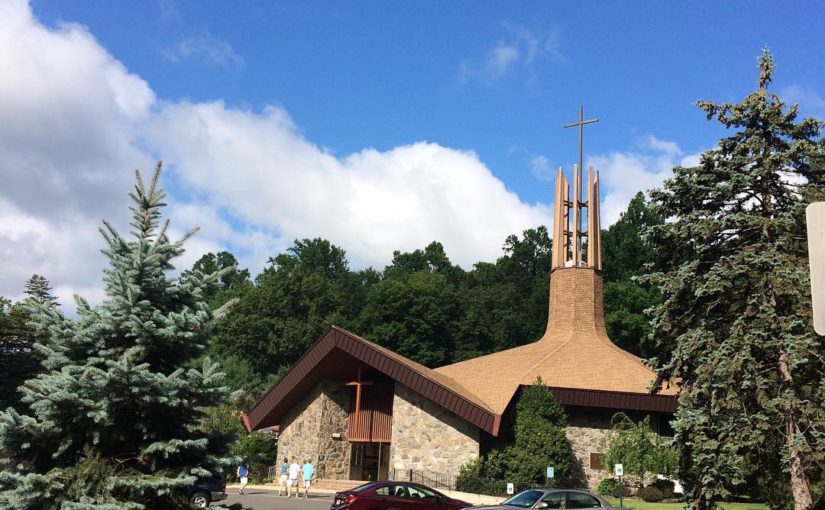Our First Reading is Ecclesiastes 1:1-11.
What do we know about Ecclesiastes? The book is written from the point of view of an elder, known as the Teacher. The Teacher is traditionally identified as Solomon, Israel’s wisest king. The Teacher is reflecting on their life, sharing what he has learned. He spent his time striving for riches, pleasure, success, and wisdom but that only brought frustration. he longs for fulfillment. The Teacher laments that there is much in life that is hard to understand and explore and is skeptical about traditional answers. The Teacher is wondering just what the world is about.
A teacher I had in seminary explained Ecclesiastes in this way. The book assumes that life moves in a circle. As human beings, we are born, we live, and we did. Our life cycle happens only once but the cycle of human life happens over and over again. God, however, isn’t trapped in our life cycle. Instead, God chooses to intersect our lives at a 90 degree angle. God meets us, abruptly disrupting our lives to show us the love and care God has. This is also one way to describe Jesus’ life among us. God sent God’s Son to live in our cycle of life. By doing so, God disrupted our life with God’s love, care, and grace. Our cycle restricts our knowledge, making it seem that riches, pleasures, and success are how we find fulfillment and meaning. But God disrupts our expectation, showing that meaning comes through our relationship with God. Christ showed how God’s love interrupts our expectations. By loving like God does, we can interrupt others’ expectations.
Each week, I write a reflection on one of our scripture readings for the week. This is from Christ Lutheran Church’s Worship Bulletin for 7/24/2016.

